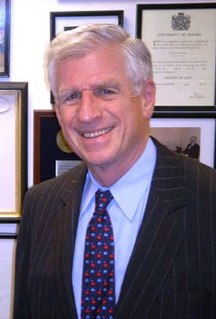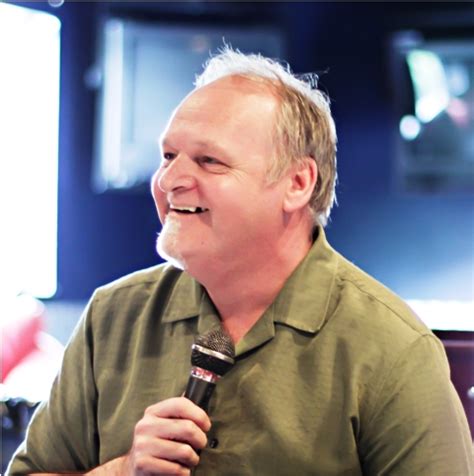A Quote by John Updike
The guarantee that our self enjoys an intended relation to the outer world is most, if not all, we ask from religion. God is the self projected onto reality by our natural and necessary optimism. He is the not-me personified.
Related Quotes
I shall not fear to say that the doctrine of self-interest rightly understood seems to me of all the philosophic theories the most appropriate to the needs of men in our time, and that I see in it the most powerful guarantee against themselves that remains to them. The minds of the moralists of our day ought to turn, therefore, principally toward it. Even should they judge it imperfect, they would still have to adopt it as necessary.
James says, "You desire and do not have; so you kill" (Jas. 4:2). We kill marriages and we kill unborn babies because they cut across our desires; they stand in the way of our unencumbered self-enhancement. And we live in a culture where self-enhancement and self-advancement is god. And if self-enhancement is god, then the One who is at work in the womb shaping a person in His own image is not God and the assault on His work is not sacrilegious, but obedience to the god of self.
Remembering our past, carrying it around with us always, may be the necessary requirement for maintaining, as they say, the wholeness of the self. To ensure that the self doesn’t shrink, to see that it holds on to its volume, memories have to be watered like potted flowers, and the watering calls for regular contact with the witnesses of the past, that is to say, with friends. They are our mirror; our memory; we ask nothing of them but that they polish the mirror from time to time so we can look at ourselves in it.
What exists in truth is the Self alone. The world, the individual soul and God are appearances in it. Like silver in mother-of-pearl, these three appear at the same time and disappear at the same time. The Self is that where there is absolutely no 'I thought'. That is called 'Stillness'. The Self itself is the world; the Self itself is 'I'; the Self itself is God; all is Siva, the Self.







































